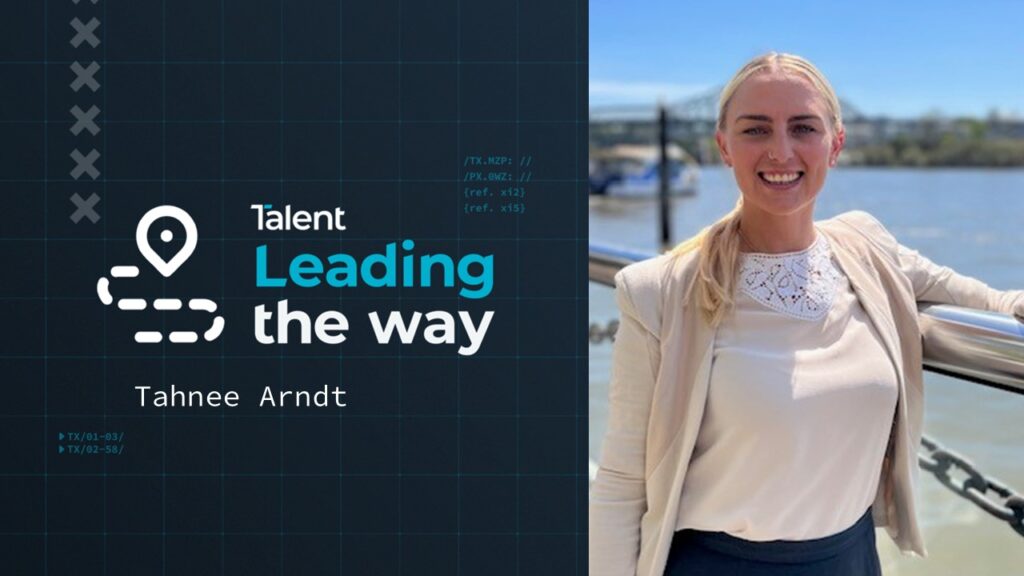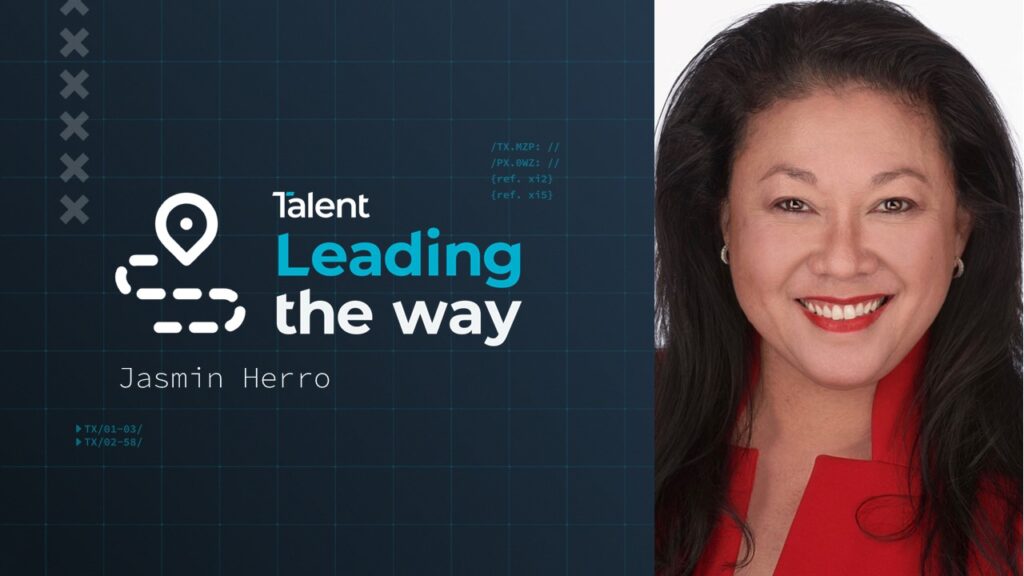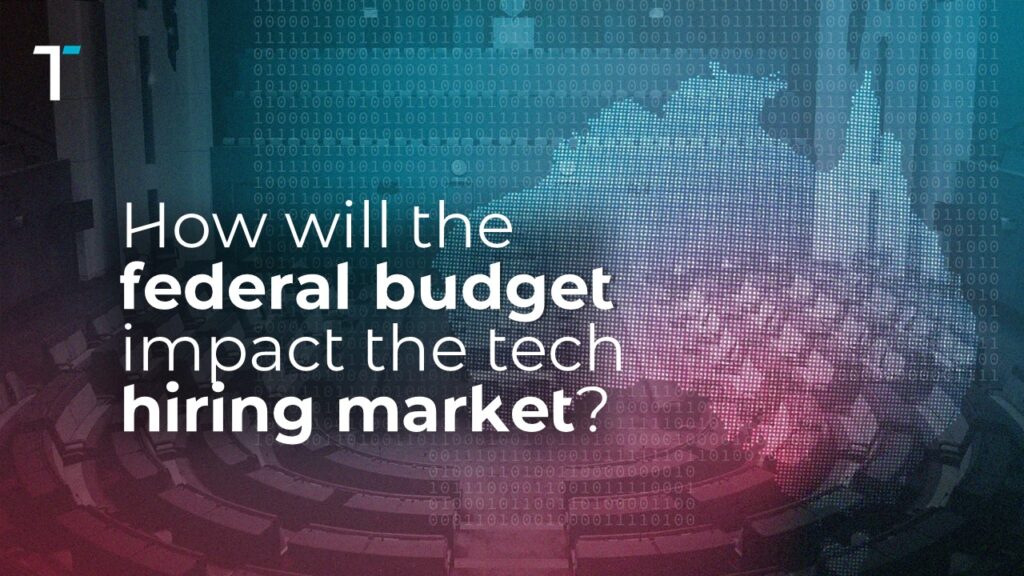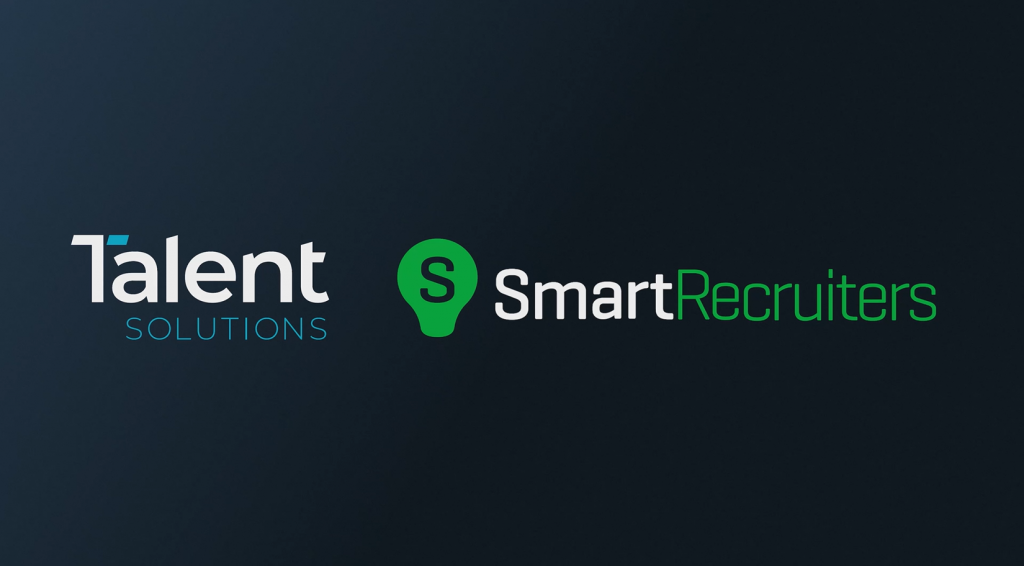On Tuesday evening, Treasurer Jim Chalmers handed down the 24/25 Federal budget as the Labor Government are well into their term of leadership. Chalmers warned weeks earlier that the national economy is slowing, which also points to a weaker jobs market. Last week, the Reserve Bank forecast the national unemployment rate, now 3.8%, would climb to 4.3% by the middle of next year. Rising cost of living, interest rates, and inflation are at the top of mind for Aussies and businesses both big and small.
In good news, the government outlined $2.8 billion in planned investments in tech and policy development over the next four years.
Let’s get into exactly what the budget means for the tech and digital hiring market as well as what our experts, here at Talent, had to say about it.
Green Business
There’s no denying the pressure businesses are facing on the climate crisis. One of the major winners from the budget reveal are businesses involved in the green transition, with major loans, investments and incentives going to the sector. With the government’s ‘Future Made in Australia’ policy, there’s $19.7 billion in funding available, to chase the goal of turning Australia into a renewable energy superpower. With that comes job opportunities.
Robert Ning, Managing Director, Talent Canberra noted, “Organisations will need to strategically allocate resources to maximise the impact of these investments. IT professionals should stay informed about project priorities and hiring trends.”
There’s $7 billion in forecast new tax incentives for critical minerals, $8 billion for green hydrogen (mostly via production tax incentives) and $1.5 billion for the Australian Renewable Energy Agency. That money aims help develop new green industries alongside a $1.7 billion innovation fund that will support other renewables projects.
Defence and foreign affairs
More than $100 million will go to creating a skilled workforce for Australia’s AUKUS submarine plans. A six-year, $34.7 million pilot apprenticeship program is one of the biggest items. Businesses in the submarine supply chain will benefit from $17.2 million in spending, with the cash coming from existing departmental resources.
Anthony Whyte, Managing Director, Talent Adelaide said, “Protecting Australia is very high on the government’s agenda as seen by the billions pumped into the Defence Sector.”
The Department of Defence will also pilot its own in-house consulting network, called Australian Defence Consulting.
Simon Yeung, Managing Director, Talent Melbourne said, “The Australian defence sector continues to expand, with $330billion in the budget representing the largest spend on defence as a percentage of GDP since WW2. The national defence strategy has pivoted towards a regional force projection posture, which means a larger share of funding now goes to the Navy and Airforce. The high demand for tech workers with NV1 clearance continues, with higher salaries and rates for these roles.”
Contingent workforce
Federal spending on consultancies, labour hire and contractors will decrease by $1 billion over the next four years, which takes total reductions to $4 billion since 2022-23. With this news, upskilling will be key for contingent workers to stay ahead.
Steve Jobson, Account Director, Talent Canberra, reflected on the announcement, “Technology projects don’t get delivered by themselves. Key ingredients are time, money and people. The APS will continue their push to increase staffing levels where they can, however they will continue to struggle to compete in a highly competitive market for tech/cyber/data specialists, especially in the numbers they require based on these projects. Not only are each department competing against themselves for talent, but there are also state and territory governments requiring the same expertise, the banking/financial sector experiencing an increase in demand, Utilities having targets to meet due to SOCI, and just about every other industry in Australia is needing the same type of people. With security clearance/citizenship requirements as well in government, you can’t simply just go overseas and bring all the talent into country.”
Artificial intelligence
As businesses continue to navigate the AI landscape, the government has announced $40 million in new funding for the development of policies and capabilities to support the economy-wide adoption of AI. More than half of this funding will go towards a “reshaped National AI Centre”, which will be moved from within national science agency CSIRO to the Department of Industry. They also announced $2.6 million “to respond to and mitigate against national security risks related to AI.”
On top of this, there will be $2.2 million from the APS Capability Reinvestment Fund, which will also be used for capability uplift projects, including AI integration and enhancing the equality of data to inform policy analysis.
Cybersecurity
Cybersecurity is still top of mind for every Australian business. The government has announced $206.4 million over four years, and $7.2 million a year after, to “improve the data capability and cyber security” of the Australian Prudential Regulation Authority (APRA) and the Australian Securities and Investments Commission (ASIC), and “to continue the stabilisation of business registers and modernisation of legacy systems”.
“Fiscal policy relevant to the Tech Sector includes the Digital ID scheme, which will get a $288mil boost to cyberattacks targeting identity theft, and the Future Made in Australia agenda with $1billion in grants and loans to a quantum computing company PsiQuantumn and another $1billion to subsidise solar panel manufacturing. Critical Minerals and Rare Earths, which are used in advanced technology manufacturing and batteries, will also receive over $1.5billion.” Simon Yeung, Managing Director, Talent Melbourne observed.
$109.9 million has been announced additionally for the Australian Criminal Intelligence Commission for the continued integration of state and territory law enforcement agencies into the National Criminal Intelligence System.
Robert Ning, Managing Director, Talent Canberra, said, “IT projects related to data science, cybersecurity, and renewable energy technologies will receive funding. This presents exciting opportunities for skilled professionals in these fields.”
On top of this, $187.8 million has been allocated for the Australian Bureau of Statistics to be used for the safe collection and storage of Census data and other activities to increase participation and access to the Census through myGov.
The economy & cost of living
On everyone’s minds was ‘how is the government going to help ease the cost of living and battle inflation?’ Well, Chalmers announced a few different things to help with this. Every Australian household will receive $300 in rebates to help with energy bill relief. This will be paid in quarterly instalments from July.
Chalmers is forecasting that inflation could fall to the target band by the end of this year and be down to 2.75% by the middle of 2025. However, the Reserve Bank forecasts inflation to still be at 3.2% in June next year. A slowdown in economic growth would push up the jobless rate.
Simon Yeung, Managing Director, Talent Melbourne observed, “Overall the budget contains short term measures to ease the cost-of-living burden, including tax cuts and $300 electricity rebates, but the jury is out about whether it will curb inflation and thus bring down interest rates before the federal election due before May 2025.”
Final thoughts
Simon Yeung, Managing Director, Talent Melbourne said, “Immigration will be cut to below 300,000 people per year, from an annual peak of 548,000 last year. This will impact the supply of experience Tech workers in capital cities and may cause upwards pressure on IT salaries and contractor rates.”
There were some great wins for the tech industry in the budget and a few announcements that put upskilling top of mind for some.
Robert Ning, Managing Director, Talent Canberra, said, “The recent Australian federal budget announcement has significant implications for the IT industry. As the government aims to reduce its reliance on contractors and boost permanent public servant positions, there are key takeaways that professionals in the technology sector should consider: Cost Savings and Workforce Transition:
The government’s push to replace contractors with permanent public servants is driven by a desire to save $1 billion in external labor costs. An additional 2,500 public servants are expected to step into these roles. For IT professionals, this transition could mean more job stability in the public sector. Permanent positions offer benefits like job security, leave entitlements, and career progression.”
Anthony Whyte, Managing Director, Talent Adelaide, shared his thoughts on what this budget means for South Australia, “The budget papers predict SA will lose a net 2000 people to the rest of Australia this financial year, followed by 2900 in 2024-25, 3500 in 2025-26, 3400 in 2026-27 and 3300 in 2027-28. Premier Peter Malinauskas has consistently talked up the reasons for interstate residents to move to SA, pointing to job opportunities in areas such as defence and energy, plus trying to generate a feel-good PR factor through events such as the AFL Gather Round and LIV golf, yet the drain continues”














